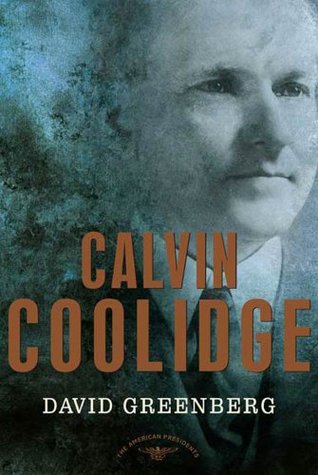More on this book
Kindle Notes & Highlights
Read between
February 19 - February 23, 2022
“My progress had been slow and toilsome,” he wrote with characteristic modesty, “with little about it that was brilliant, or spectacular, the result of persistent and painstaking work.”
Though interpreted as decisive, Coolidge’s performance actually displayed his trademark passivity. Initially he waited to act, not wanting to usurp local power; then he deferred to Curtis’s judgment; then he acted only under pressure. Although his line on the illegality of the strike was consistent, it wasn’t until his ringing statements afterward that he was perceived as the leader.
What his actions did show were several hallmarks of his governing style. Coolidge preferred restraint to action, and he trusted his appointees, in this case Curtis, rather than overruling them. And although Coolidge harbored progressive tendencies, he was at bottom a New England conservative; he favored modest reforms so long as they neither moved too fast nor disrupted the established order. The police strike offended him not because he had contempt for workingmen but because his belief in civic harmony overrode any urgency he might feel about redressing social inequalities. His philosophy
...more
Barton wrote a glowing profile of the governor in the magazine Collier’s, the first such article in a national publication. “Less than five percent of the people of America today are doing 95 percent of the talking,” Barton noted, with a nod to Coolidge’s silence. “The radicals and reactionaries fill the newspapers, but the great majority of Americans are neither radicals nor reactionaries. They are middle-of-the-road folks who own their own homes and work hard … . Coolidge belongs with that crowd.” Over the next decade, the publicist would pen many more of these encomiums for magazines whose
...more
After turning the Harding scandals from a liability into an asset—a reminder of his own taut integrity—Coolidge continued to use his public persona as his chief political instrument.15
More than most of his peers, Coolidge understood the press corps’ growing importance, and his dedication to and skill at courting them—rated by some as equal to that of Theodore Roosevelt—remains an overlooked key to his success as president.17
Calvin Coolidge’s personal austerity provided the basis for his popularity, and his dexterity in handling the press boosted it. But it was the robust economic productivity of the times that kept him in public favor throughout his tenure.
“When he went,” Coolidge wrote in his autobiography, “the power and the glory of the presidency went with him.”12
Critics derided still Coolidge’s deference to business, his lack of ambition, and his passivity. Walter Lippmann mocked the president’s “genius for inactivity”: “Nobody has ever worked harder at inactivity, with such force of character, with such unremitting attention to detail, with such conscientious devotion to the task,”


